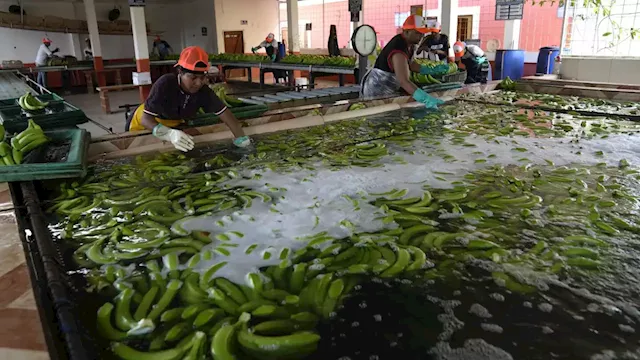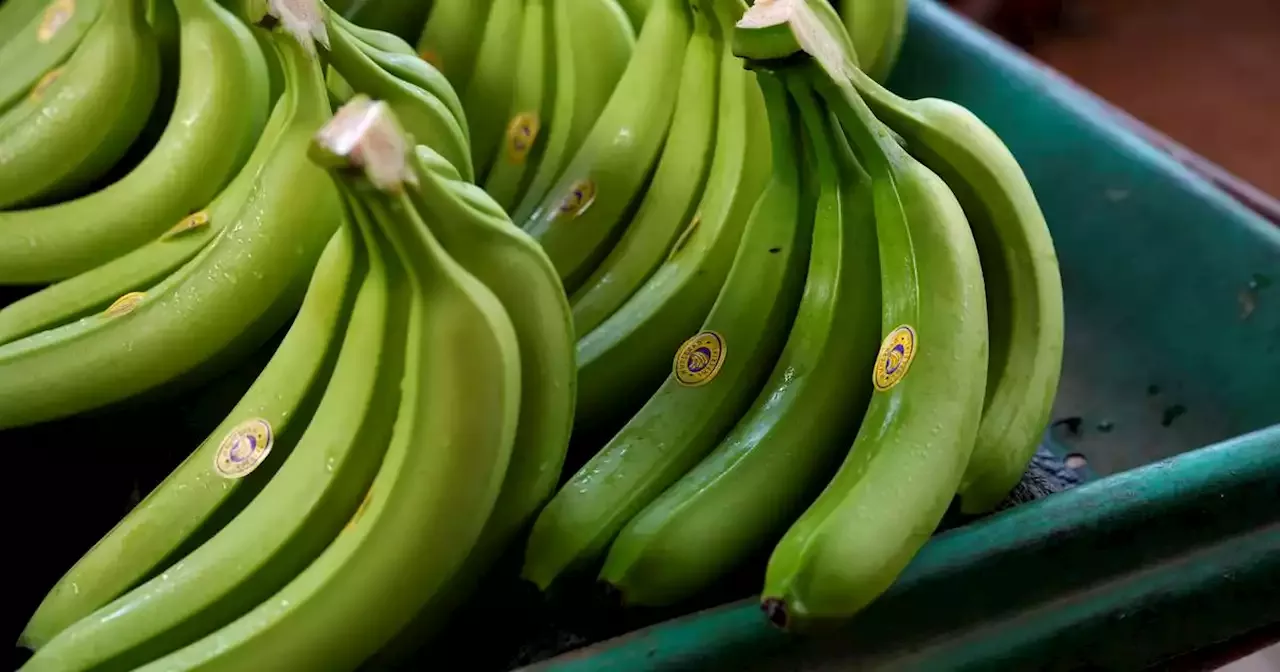Drug traffickers’ infiltration of the industry that is responsible for about 30% of the world’s bananas has contributed to unprecedented violence across this once-peaceful nation. Shootings, homicides, kidnappings and extortions have become part of daily life, particularly in the Pacific port city and banana-shipping hub of Guayaquil.
Authorities say Ecuador also gained prominence in the global cocaine trade after political changes in Colombia last decade. Coca bush fields in Colombia have been moving closer to the border with Ecuador due to the breakup of criminal groups after the 2016 demobilization of the rebel group Revolutionary Armed Forces of Colombia, better-known by their Spanish acronym FARC.
Knowingly or not, banana growers, exporters, shipping corporations, port operators, private security companies, customs agents, agriculture officials, police, and buyers offer opportunities that drug traffickers have exploited. Drug trafficking has contributed to the number of violent deaths in Ecuador, which doubled from 2021 to 2022, when 4,600 died, the most ever recorded in a year. The country is on track to break the annual record again, with 3,568 violent deaths tallied in the first half of 2023.
No more than 30% of containers is currently inspected at Ecuadorian ports, a process done manually or with drug-sniffing dogs. President Guillermo Lasso’s government says it wants to use scanners on entire containers. Twelve of those machines were supposed to be operating already but Ramírez said that has not happened yet.
Colombia Últimas Noticias, Colombia Titulares
Similar News:También puedes leer noticias similares a ésta que hemos recopilado de otras fuentes de noticias.
 Security in Ecuador has come undone as drug cartels exploit the banana industry to ship cocaineEcuador's location is increasingly putting it at the confluence of two global trades: bananas and cocaine.
Security in Ecuador has come undone as drug cartels exploit the banana industry to ship cocaineEcuador's location is increasingly putting it at the confluence of two global trades: bananas and cocaine.
Leer más »
